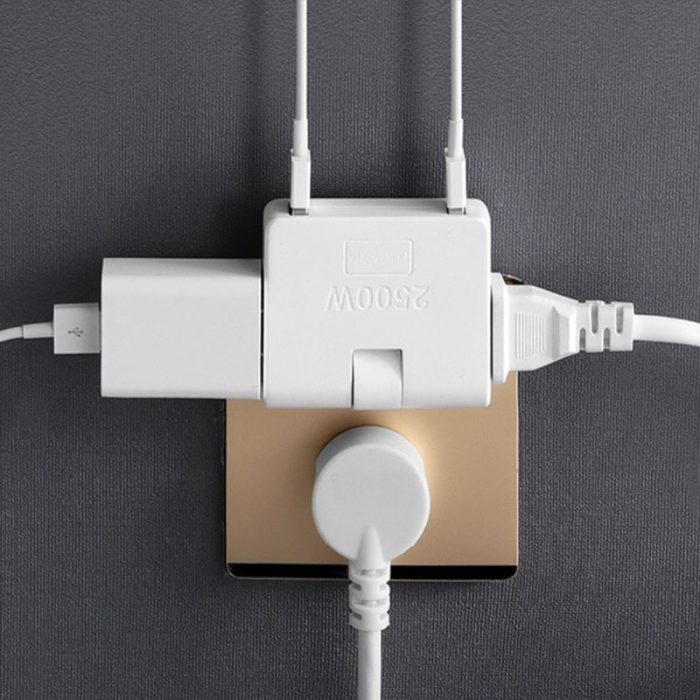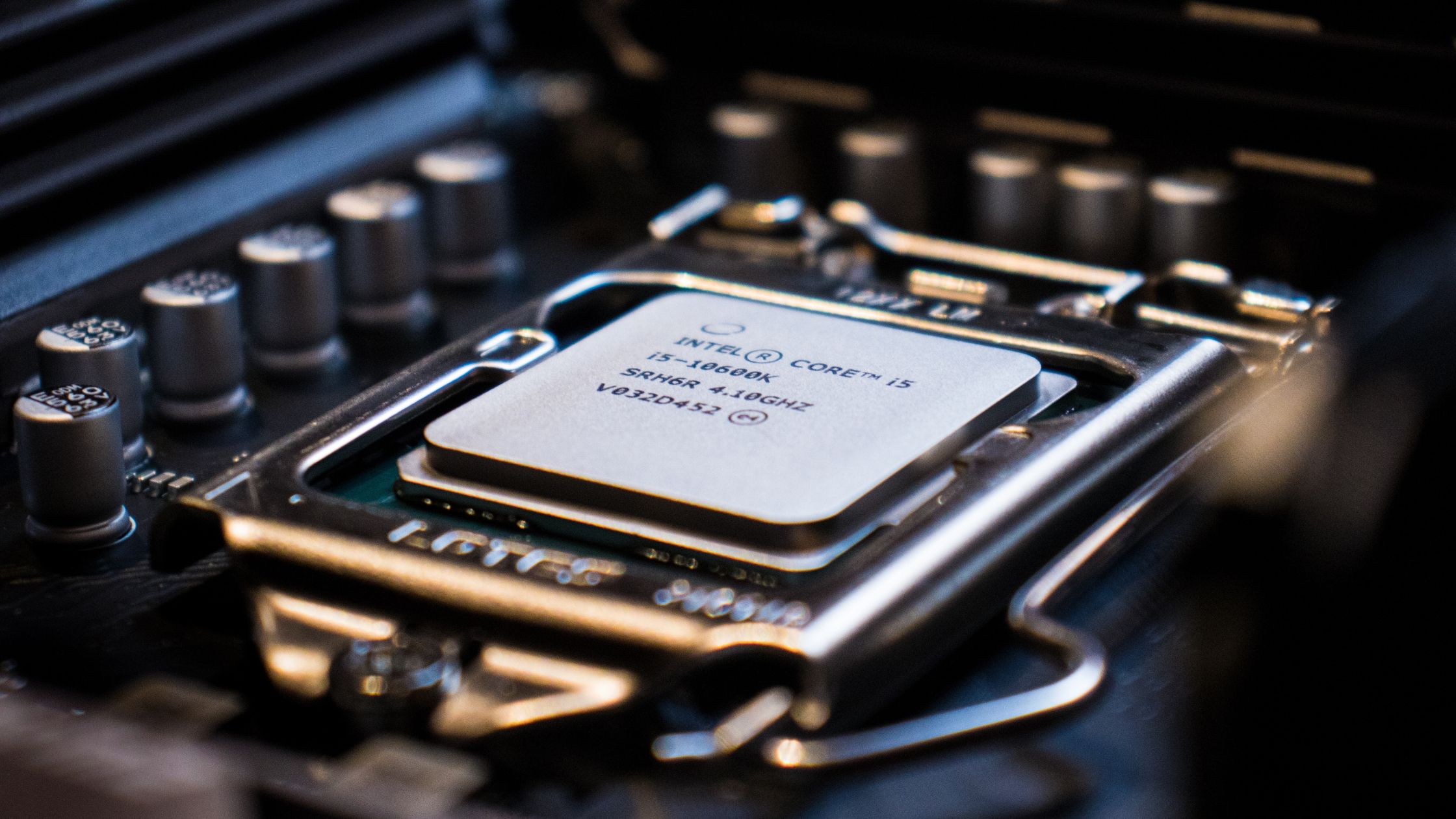The world of computers and electronics can seem like a maze for newcomers, with jargon and acronyms popping up left, right, and center. Among the terms, “CPU” or the “central processing unit” is one that stands out prominently. But what is a CPU, and why does it matter? Let’s dive in.
Understanding the CPU: A Quick Rundown
Akin to the brain in a human body, the CPU is the brains of your electronic devices. Whether it’s your computer, smartwatch, or thermostat, the CPU is what processes and executes the given instructions. Its pivotal role becomes evident when you consider that the performance of a device often hinges on its CPU.
CPU’s Composition and Functioning
The CPU isn’t a standalone player in the vast arena of electronic components. It coexists with other parts like memory (where data is temporarily stored) and the graphics card (responsible for video and graphics displays). The CPU gets its power from billions of microscopic transistors etched onto a chip. These transistors, acting as minuscule switches, handle computations to execute programs. The smaller these transistors, the faster and more efficient the CPU becomes. A phenomenon evident from the continuous evolution and enhancement in CPU speeds, often attributed to Moore’s Law.
Today, computers have dedicated CPUs that handle an array of functions, while mobile devices usually deploy a system on a chip (SoC), bundling the CPU with other vital components.
The Role of a CPU
At its most basic, a CPU executes instructions. This execution undergoes three stages: fetching the instruction, decoding it, and then finally executing it. The tasks range from basic arithmetic to more complex functions like loading an operating system or playing a video. The CPU also coordinates with other hardware, directing them as necessary, ensuring seamless device operation.

It is suitable for all mobile phones with a magnetic wireless charging function. Mobile phones without wireless charging functions need to be used with a wireless charging receiver!
Buy here: 3in1 Foldable Wireless Charging Pad
Evolving CPU Architecture: More Cores, Faster Speeds
Over time, CPUs have transformed dramatically. Initially, they had just a single core. Today, to boost efficiency, CPUs come with multiple cores, enabling them to handle numerous tasks simultaneously. This multi-core approach translates to enhanced multitasking and performance.
The clock speed of a CPU, measured in gigahertz (GHz), determines how swiftly it can execute instructions. While an essential metric, it’s not the sole determinant of a CPU’s performance. Often, newer processors, even with a lower clock speed, outperform their older counterparts because of advanced technologies they integrate.
How Much Should You Spend on a CPU?
Budgeting for a CPU depends on your unique needs. Casual users might not need to venture beyond the $200-$300 bracket. On the other hand, avid gamers and professionals dealing with resource-intensive tasks might want to invest more. A good approach is to look at recent generations of CPUs rather than the latest, often pricier, releases. For instance, Intel’s 12th or 13th-generation chips or AMD’s third and fourth-generation Ryzen CPUs would serve most users well.
Is the CPU Really That Important?
Although the CPU isn’t the only component influencing system performance, it’s undeniably crucial. Its significance is most notable in tasks like gaming or professional work that requires high computational power. However, a balanced system – with adequate RAM, efficient storage, and a competent graphics card – is equally vital for optimal performance.
Armed with this knowledge of CPUs, you’re now better equipped to navigate the intricate world of computing hardware. Stay informed, and you’re sure to find the perfect CPU tailored to your needs.







